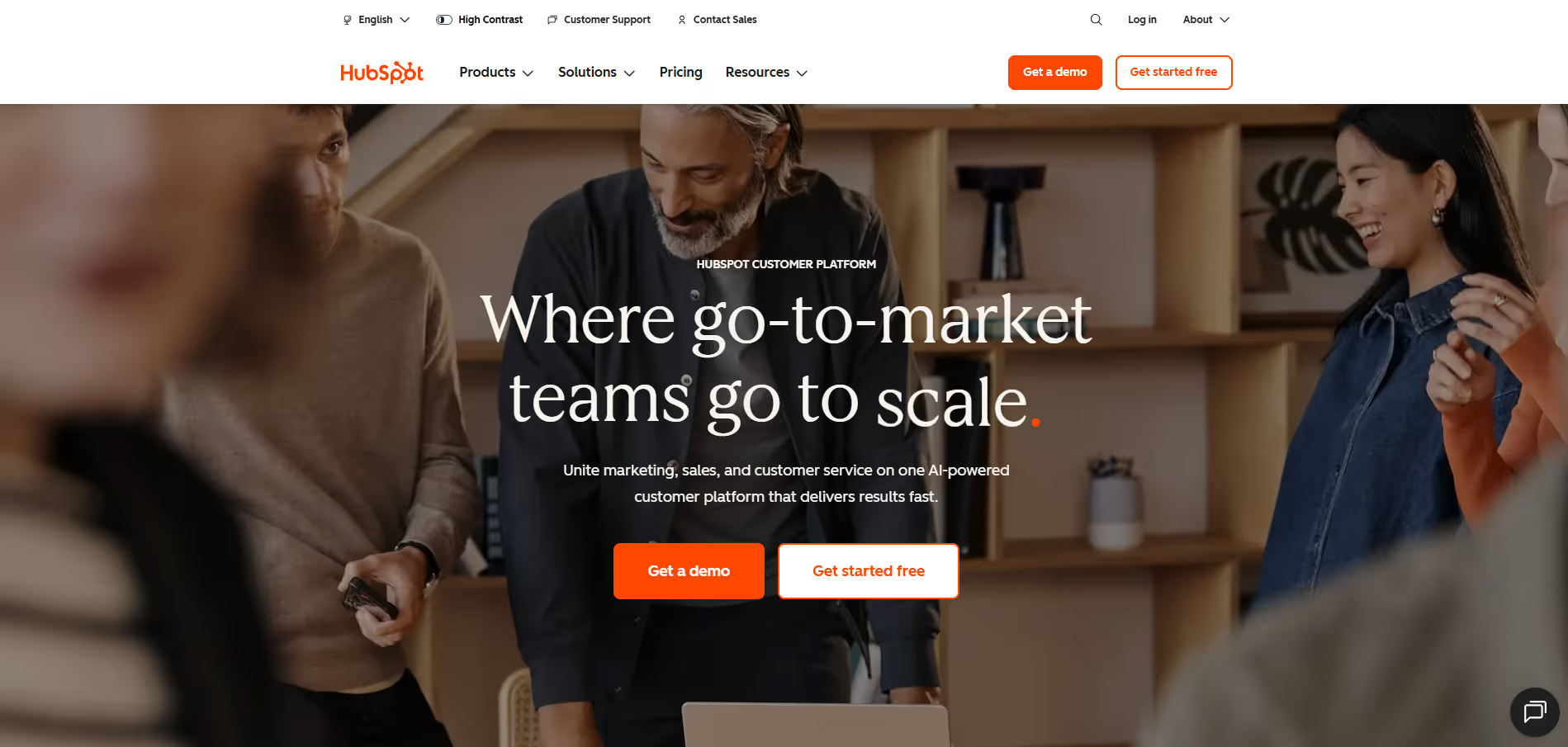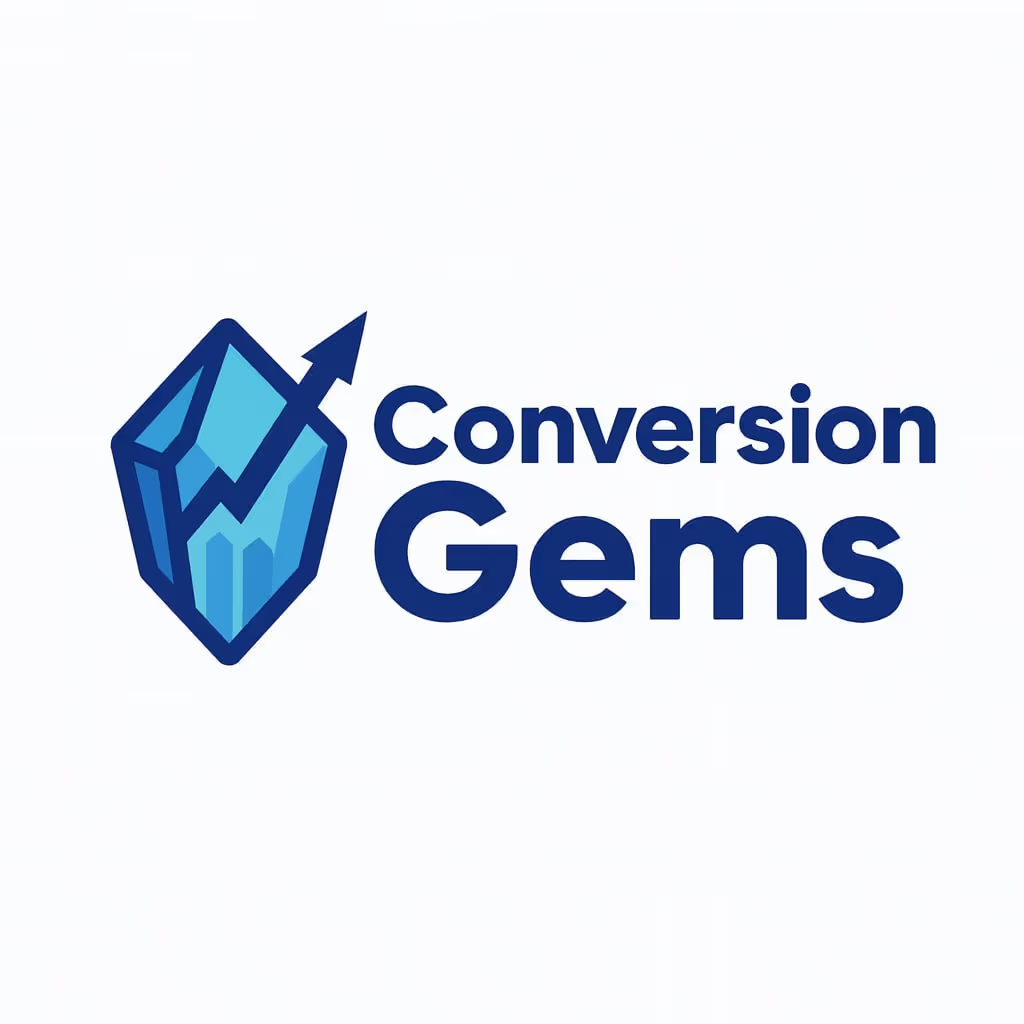HubSpot
Description
Key Applications
- Marketing Automation: Automating email campaigns, social media publishing, lead nurturing, and content management to attract and engage prospects.
- Sales Management: Tracking leads, managing pipelines, automating sales tasks, and closing deals more efficiently with robust sales enablement tools.
- Customer Service: Providing tools for ticketing, live chat, knowledge bases, and customer feedback to enhance customer satisfaction and retention.
- CRM & Data Management: Centralizing all customer interactions and data to provide a 360-degree view, enabling personalized engagement and informed decision-making.
Who It’s For
Pros & Cons
How It Compares
- Versus Salesforce: HubSpot is often praised for its user-friendliness, integrated platform design, and strong focus on inbound methodologies, making it generally simpler for SMBs. Salesforce offers deeper customization, extensive third-party integrations, and enterprise-grade scalability, often requiring more technical expertise for implementation.
- Versus Zoho CRM: HubSpot offers a more extensive range of marketing automation, content management, and service tools as part of its core offerings, typically with higher pricing tiers. Zoho CRM is often more cost-effective for core CRM functionalities and offers a broader, à la carte suite of individual business applications.
Bullet Point Features
- CRM Platform Marketing Automation & Email Marketing Sales Engagement Tools & Pipeline Management
- Customer Service Ticketing & Live Chat Content Management System (CMS)
- Analytics & Reporting Dashboards Meeting Scheduling & Chatbots Workflow Automation
- SEO & Content Strategy Tools Landing Page & Form Builders
Frequently Asked Questions
Find quick answers about this tool’s features, usage ,Compares, and support to get started with confidence.

HubSpot is an all-in-one CRM and inbound marketing platform that helps businesses manage marketing, sales, customer service, and content. It is designed to streamline workflows, improve customer engagement, and drive business growth.

HubSpot provides contact management, email marketing, sales automation, analytics, lead tracking, and customer support tools. By centralizing data and automating repetitive tasks, it enables teams to manage customer relationships efficiently and make data-driven decisions.

HubSpot offers CRM, marketing automation, sales pipelines, email campaigns, social media management, content management, analytics, and customer support tools. Its modular approach allows businesses to scale and customize the platform according to their needs.

Yes, HubSpot is beginner-friendly. Its intuitive interface, pre-built templates, guided tutorials, and extensive documentation make it easy for new users to adopt CRM, marketing, and sales tools without prior experience.

HubSpot is ideal for sales teams, marketing teams, customer support teams, agencies, and growing businesses. Users can expect streamlined workflows, improved customer engagement, data-driven insights, enhanced team collaboration, and scalable growth, helping businesses optimize their operations and boost revenue.





.avif)




